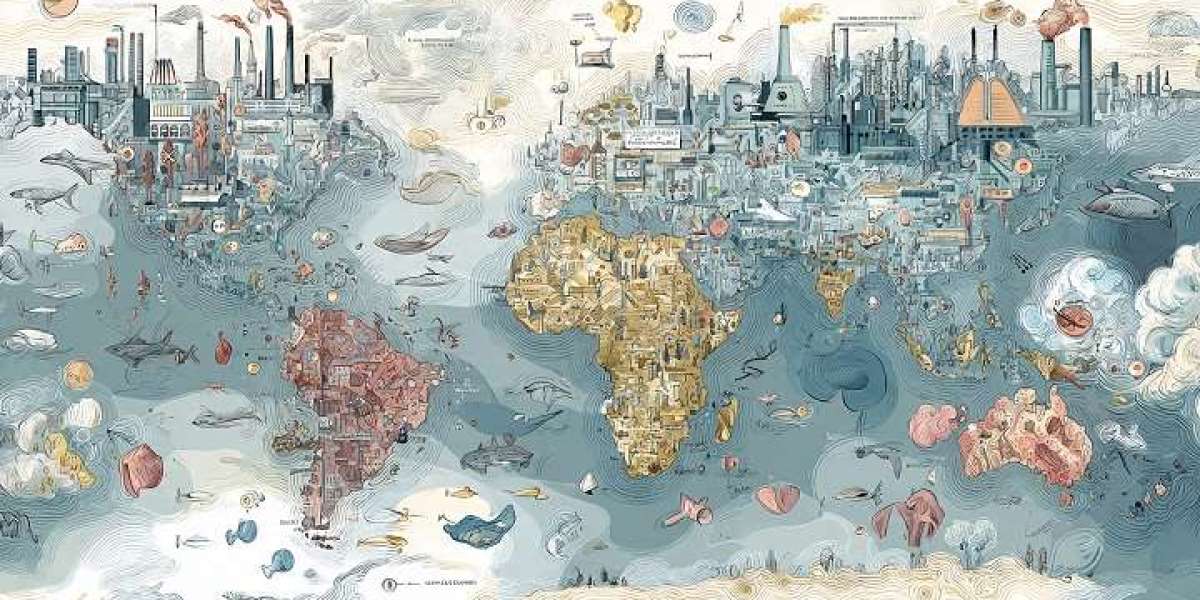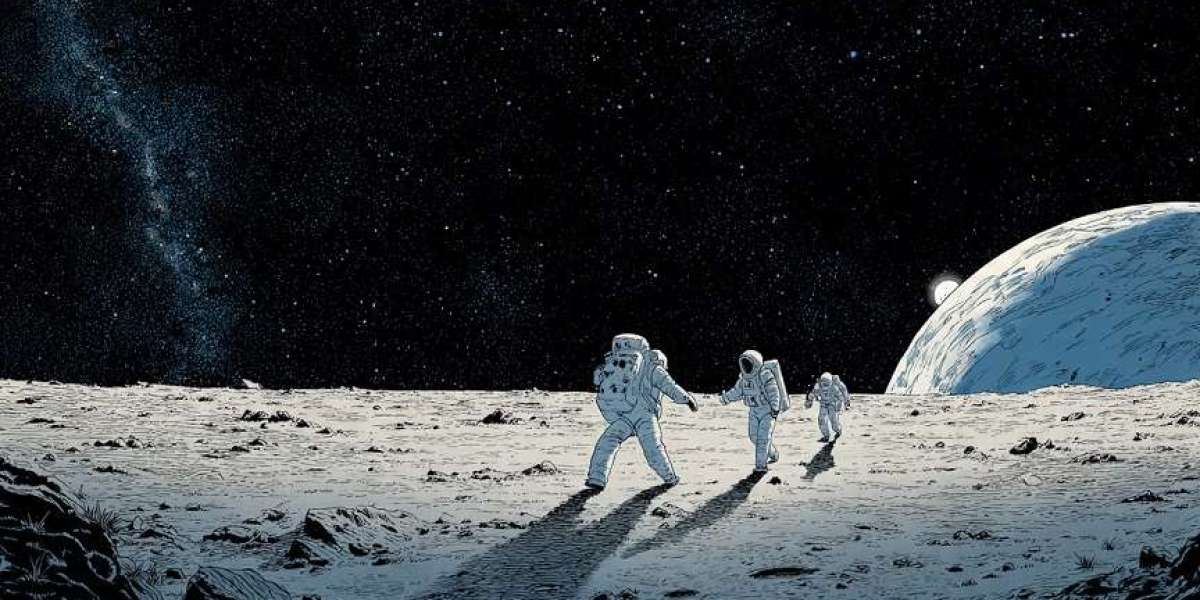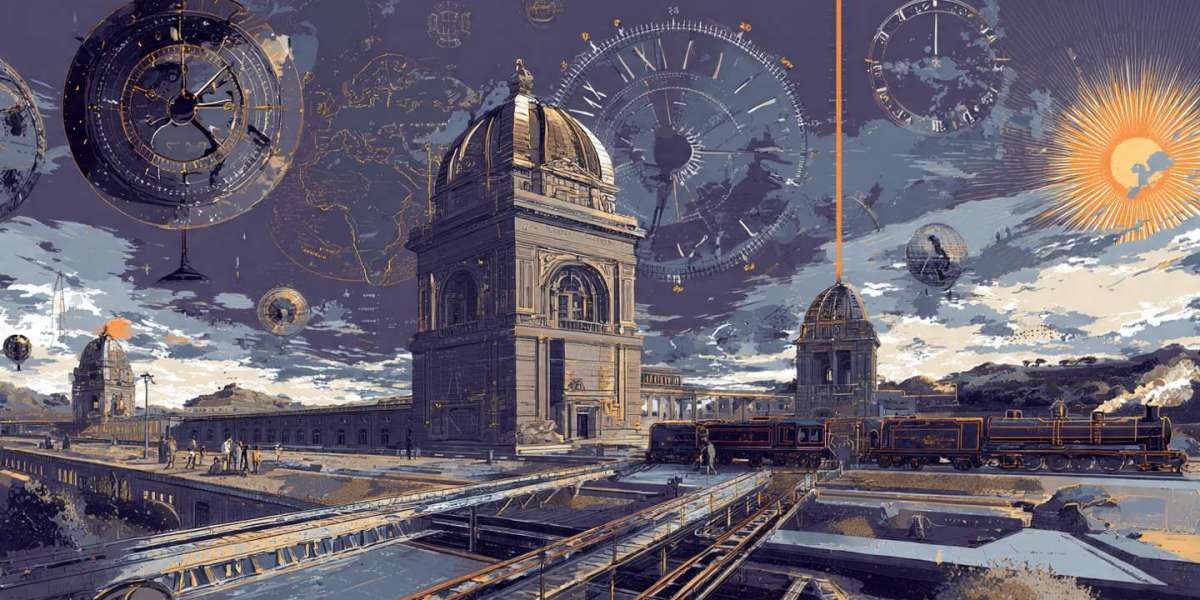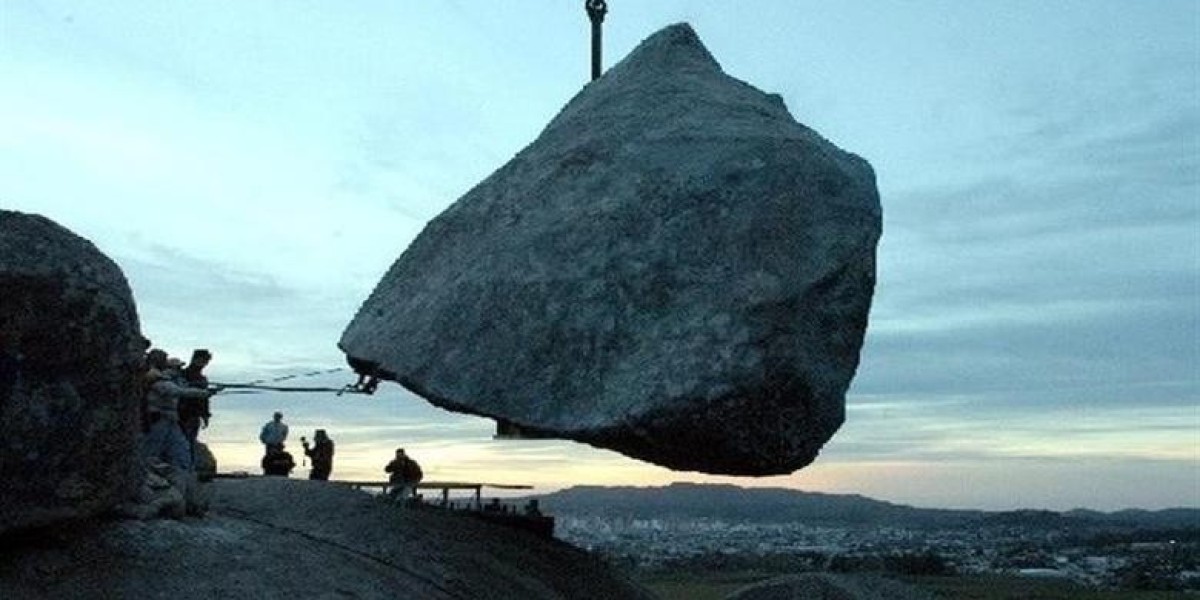Giuseppe Tomasi di Lampedusa’s The Leopard, a mid-20th-century novel, remains an enduring classic—shifting from a 1958 bestseller to a 1963 film, and now a lavish Netflix series. Despite its historical setting, its critique of social class and power still resonates today.
A Portrait of Decline: The Novel's Core Message
At the heart of The Leopard lies an existential reflection on societal decay. The novel’s protagonist, Prince Fabrizio, a Sicilian aristocrat, finds an unknown soldier's body under his villa's lemon tree, symbolizing the rot beneath Italy’s gilded surface. Written against the backdrop of Italy's 19th-century unification (the Risorgimento), the novel explores the transformation of Italy’s social hierarchy during a period of political revolution and upheaval.
Fabrizio, the once-privileged nobleman, schemes to marry his nephew Tancredi to Angelica, a wealthy but newly emerging bourgeois woman. This decision occurs despite Tancredi’s romantic interest in Fabrizio’s daughter, Concetta. Lampedusa’s depiction of the aristocracy, the Church, and the lower classes highlights the hypocrisy of all factions, showing the inability of any group to genuinely enact societal change.
Critical Reception and Initial Struggles
Despite The Leopard's posthumous success, the novel faced harsh criticism upon its initial submission. Major publishers rejected it, citing its "traditional" narrative as out of step with the avant-garde literary movement in Italy. Conservative critics disapproved of its critique of the Church and aristocracy, while left-wing critics found fault with its cynical portrayal of the working class.
When the novel was finally published after Lampedusa’s death, it became a massive success, quickly cycling through dozens of editions. Its popularity may have been driven by a generation disillusioned by Italy’s unification and the social changes that followed. Lampedusa’s legacy as a literary giant was solidified as The Leopard won posthumous acclaim, including the prestigious Strega Prize.
advertisement
A Scathing Critique of Italian Society
Lampedusa's aristocratic background did not prevent him from critiquing his own class. His novel lambasts the decay of the old elite, with Fabrizio dismissing his own family and the monarchy as corrupt and fading. At the same time, the protagonist’s cynicism about the revolutionaries reflects a broader sense of fatalism—no matter how the regime changes, the status quo remains largely intact. The famous line, "If we want things to stay as they are, things will have to change," encapsulates this belief, suggesting that elites, across Europe, are adept at adapting to shifting power structures while maintaining their privileges.
Legacy and Adaptations
The novel’s influence spread beyond literature. Luchino Visconti's 1963 film adaptation, starring Burt Lancaster, brought the novel’s opulent yet tragic worldview to the screen. The film, while not immediately appreciated by audiences, became a touchstone for filmmakers like Martin Scorsese and Francis Ford Coppola. The film’s opulent ballroom scene remains iconic, exemplifying the grandeur of the aristocracy that Fabrizio feels slipping away.
Lampedusa’s work, as with Visconti's interpretation, strikes a universal chord about the persistence of power structures in the face of change, a sentiment that remains relevant in today’s world.
The Relevance of The Leopard Today
The Leopard’s resonance is not just historical but political. As Netflix embarks on its adaptation of the novel, the creators see parallels to modern societal shifts, such as Brexit and Europe’s increasing divisions. Writer Richard Warlow remarked that the novel, set against a collapsing old order, felt prescient, given the political upheavals of recent times.
Moreover, Laven, a historical consultant for the Netflix series, notes that the themes of the Risorgimento and Italian unification still deeply influence the political landscape of Italy, especially in the divide between the north and south. The novel’s timeless lines continue to be invoked in political discourse today.
Thank you !













































































